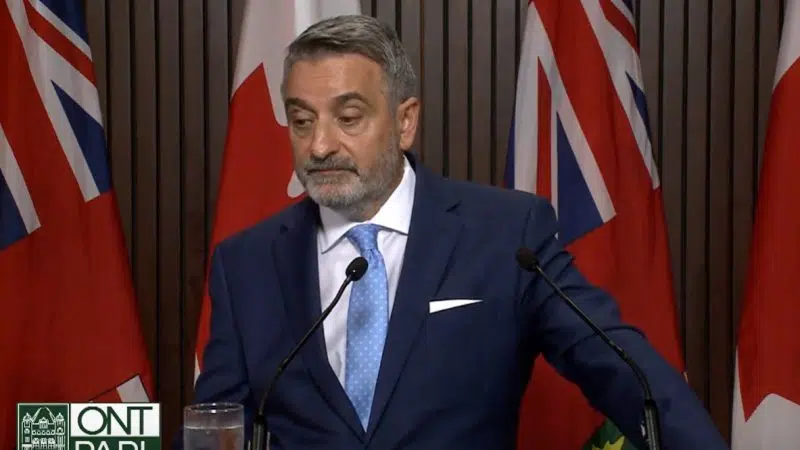4 people facing charges following a drug bust
The Treaty Three Police Service and the Ontario Provincial Police have seized over $12,000 cash and a large amount of cocaine and oxycodone. On Wednes...
1h ago
Province prepared for fire season: Minister
Ontario's Natural Resources Minister says the province will have the resources necessary to fight this year's forest fires. The opposition says the pr...
2h ago
Provincial cabinet ministers to attend municipal conference
Several provincial cabinet ministers are in Thunder Bay today. They are in the city to participate in the Northwestern Ontario Municipal Association's...
5h ago
Public safety telecommunicators recognized
The people who answer our 9-1-1 calls are in the spotlight. National Public Safety Telecommunicators Week was celebrated last week and helped to shed ...
17h ago
What's Happening on CKDR
Honoring Legendary Bob Cole
1h ago
"Check Out" Ontario Park Day Passes
Dryden Public Library, Ear Falls Public Library, Sioux Lookout Public Library, and Red Lake Public library are all listed as participants! Give your l...
Apr 16, 2024
Red Apple Is Back In Sioux Lookout!
Lots of excitement in Sioux Lookout this past weekend! In fact it began on Friday when Red Apple's Grand Reopening in Sioux Lookout at 81 Front Stree...
Apr 15, 2024
Get Ready To Laugh!
Need a few laughs? 'Campfire Comedy' can help! 'Campfire Comedy' presents 'The Mark Menei Comedy Tour' with shows coming to several communities aroun...
Apr 10, 2024















